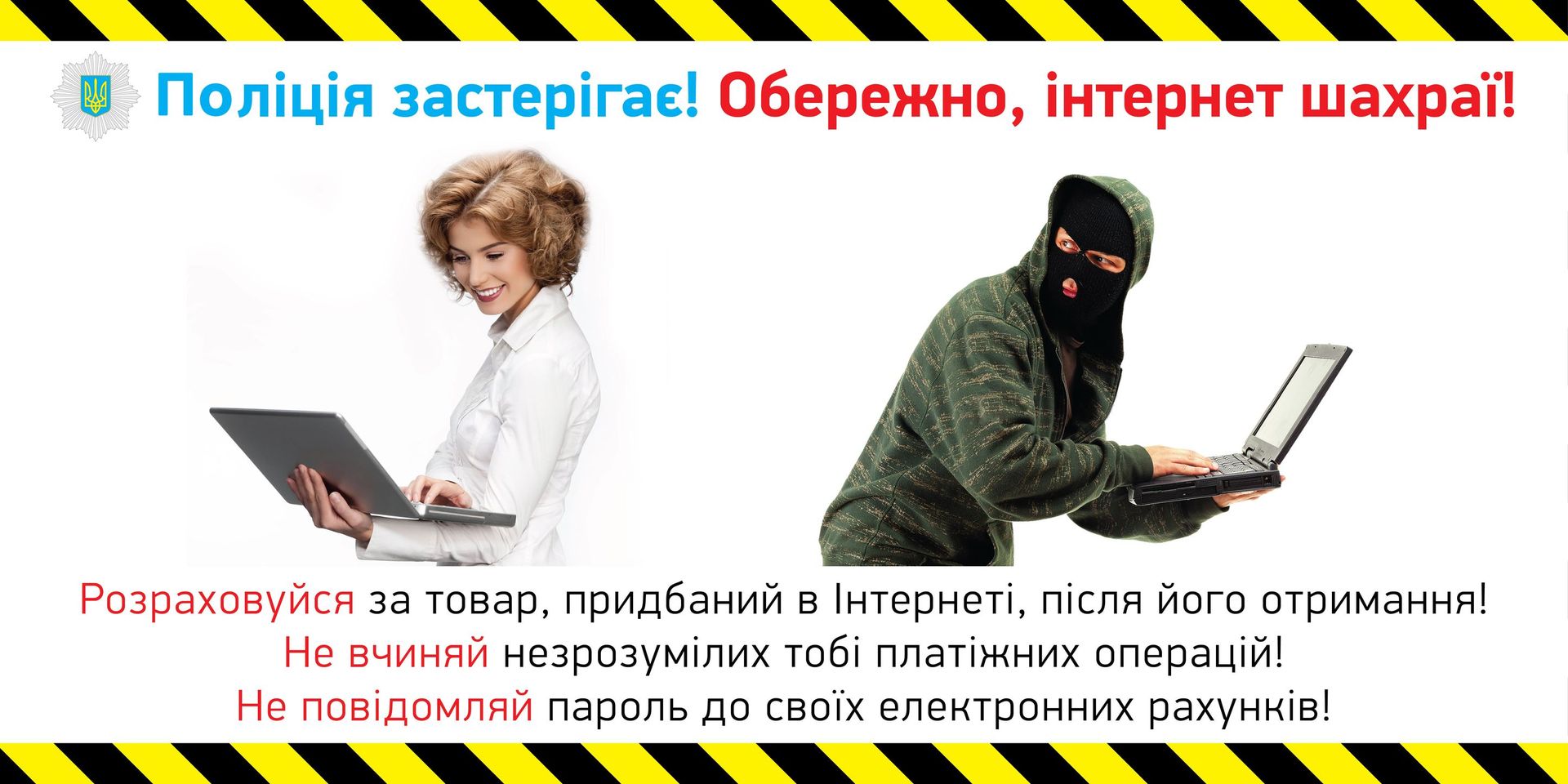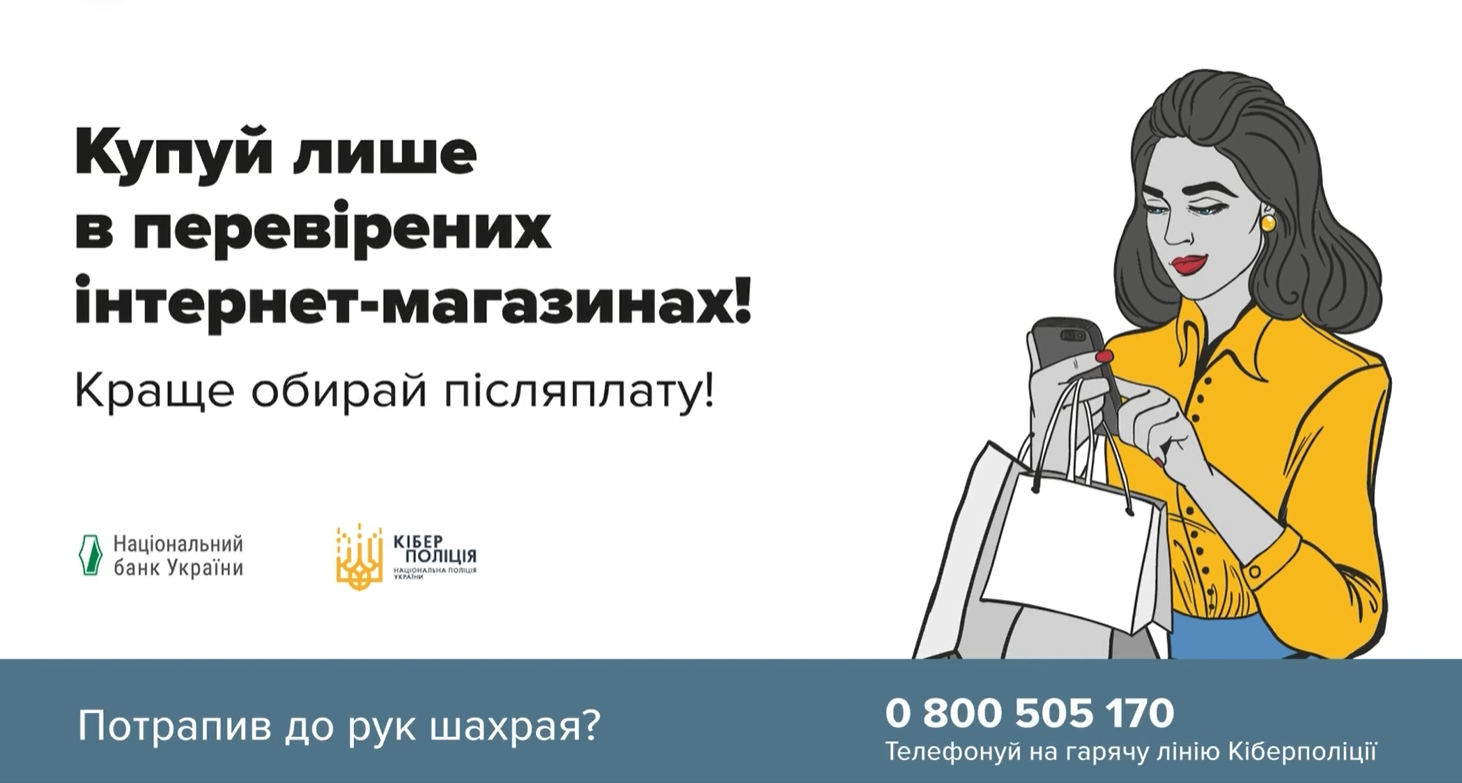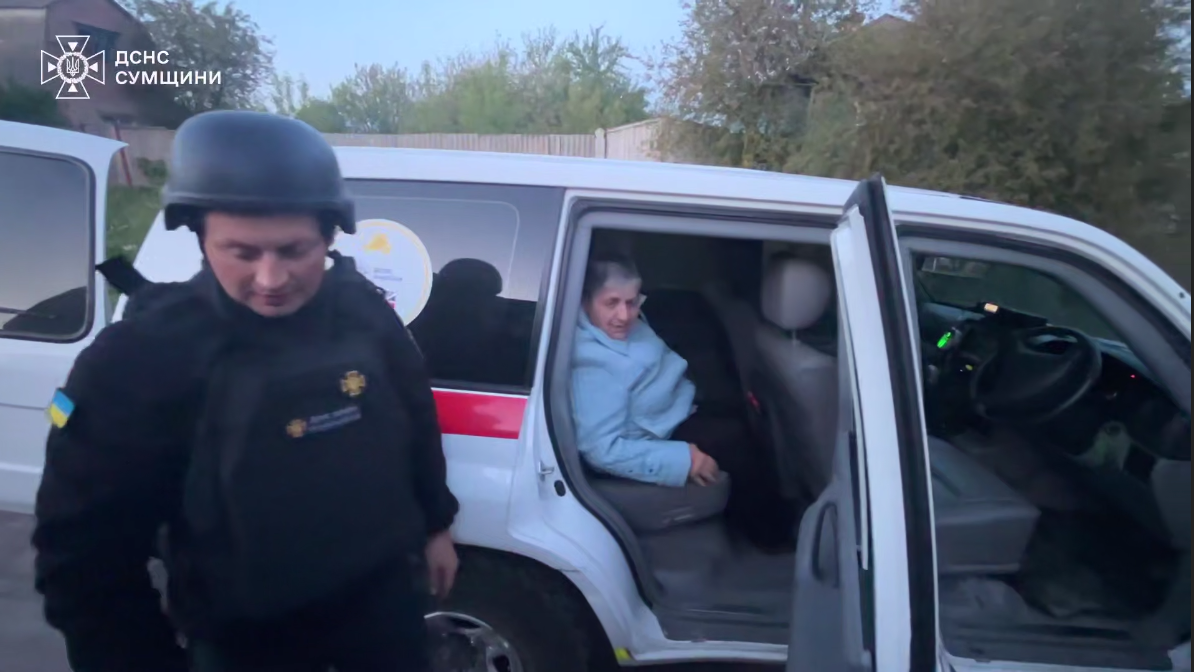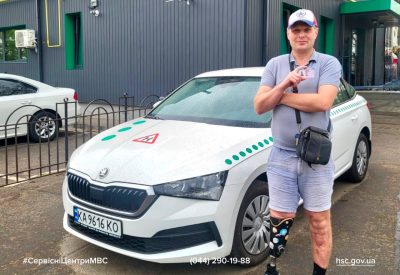Beware of fake sellers and online dating: police stress that attackers are increasingly searching online

On the Internet, you can increasingly come across scammers. An attacker can disguise himself as a seller, a buyer, and your acquaintance.

A resident of Chernihiv region recently contacted the police and reported that she was searched by a friend from social networks. To the attacker, she transferred more than 90 thousand hryvnias for “help”. Police urge citizens not to transfer money to unknown persons who, under the pretext of friendship or romantic relationships, rub into trust and under various pretexts ask to send money.
The woman said that about a month ago on “Facebook” an unfamiliar foreigner wrote to her. There was a close communication between them, after which the man offered to meet the victim, but said that he is now abroad - in Syria.
One day, a foreigner said that he had allegedly come under fire, was wounded and wanted to send the applicant to store a valuable cargo in order to protect it from enemies. According to him, he sent a large sum of money and gold to the woman. A few days later, the woman received a message from an unknown number allegedly from a “delivery agent”. The message said that the precious cargo is already in Lviv at customs, but it is necessary to pay “customs duty” and “international delivery fee”.
The victim agreed and transferred 22 thousand hryvnias to an unknown account, and then another 22 thousand hryvnias in three payments as various “commissions”. After that, an online friend wrote to her and again asked for help: allegedly, you need to pay more than 50 thousand hryvnias for a “gold license”, because there is gold in the luggage.
In general, the trusting woman transferred more than 90 thousand hryvnias to unknown bank accounts.
Only after that she decided to call the “hotline” of the customs, where she learned that she did not receive any cargo from abroad.
Realizing that she had been found, the victim turned to the police for help. On this fact, the police opened criminal proceedings under Part 1 of Article 190 of the Criminal Code of Ukraine (fraud).
The police strongly recommend: never follow the instructions of strangers or unfamiliar persons that are related to the transfer of funds to unknown accounts. Be careful and check the information in official sources and institutions about the receipt of “precious parcels”, “receiving a win” or “valuable prize”, etc.

● Signs of counterfeiters in online trading:
-offers too low cost of goods;
-does not agree to purchase with cash on delivery or asks -to transfer partial payment to the card; -hastens to pay for the goods; -sends a contract of delivery of the ordered goods to call for delivery trust; -transfers communication from your personal account on the bulletin board website to the messenger;
-sends shortened links allegedly to the site for registration of services; -asks you to remove the limit from the card for payment, because
he
a notification has been received from the bank;
-warns that now you will receive an SMS message to confirm the order, perform the service or pay for the goods.
● Remember! Fraudsters can create the illusion of a real store:
-respond quickly to messages; -help choose the size; advise on the characteristics of the goods;
-promise fast delivery.
● Safe Online Shopping Lifehacks: Use a virtual card to shop online.
Transfer to it only the amount that is necessary for the purchase.
Check the seller/buyer on the service of the Cyber Police “STOP FRAUD” or check the site whose services you are going to use for the presence of fraudulent sites in the list of fraudulent sites through the service of the Association “EMA” CheckMyLink.
● Keep secret:
-three-digit number on the back of the card, -codes of banks and mobile operators,
-passwords for Internet banking.
National Police of Ukraine






